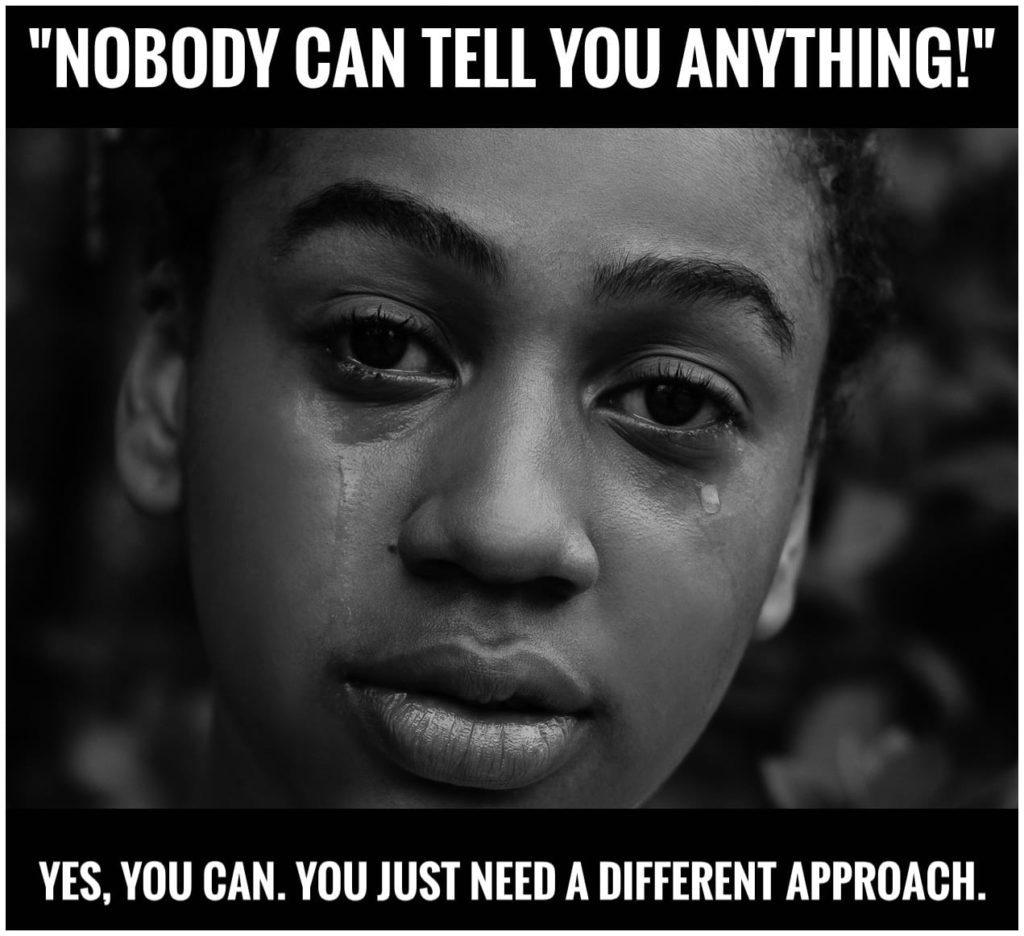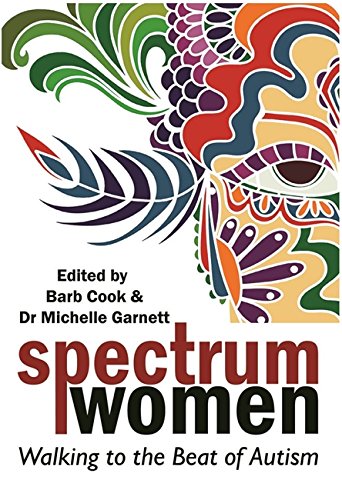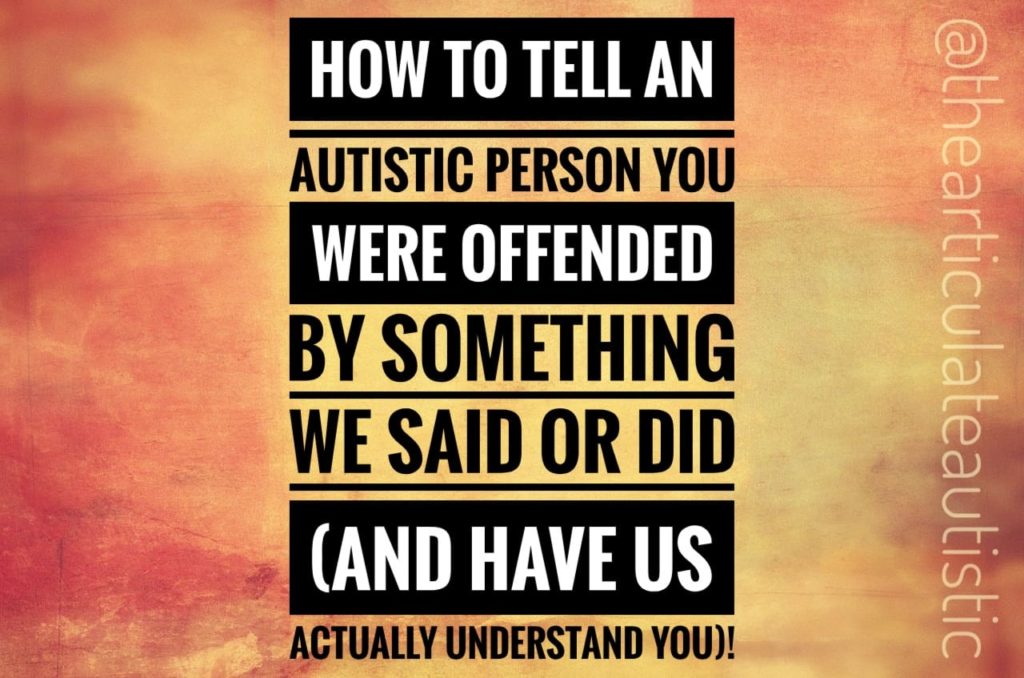“You Know What You Did” Is Emotional Blackmail to an Autistic Person (And Anyone, Really)

At first glance, this lion may seem threatening, and you may wonder why I chose him for this post, so I’ll explain.
He doesn’t look threatening to me. I’m sure he could tear my head off if he felt so inclined, but that’s not the feeling I get from this photo.
I get the vibe that this animal has been brutally battle-tested time and time again. He’s old, he’s tired, he’s a bit paranoid, so he snarls at anything that even dares to glance in his general direction.
Us autistic people, especially us older and/or seriously abused autistic people, are a lot like this lion. We’re a bit feral, battle-worn, paranoid, and angry. But mostly, we’re hurt, and we don’t want to get hurt again.
Remember I told you that when we show emotion after you tell us we’ve upset you, and one of you (brilliant, by the way-not complaining, I appreciate the insight) said that when an ND person becomes visibly upset when an NT person tells them their feelings about a perceived social slight, it feels like emotional blackmail?
Well, I got to thinking about that term and read some more comments from ND people on various threads talking about how they kept hearing, “You know what you did” frequently, and nobody would tell them what they did. Not one single person.
That’s emotional blackmail. I cannot think of one logical reason for any human being to say that to another, none, unless it’s purposeful abuse.
Neurotypical people, you may not mean it that way, but it is the single most damaging phrase I have ever heard in my life, and I have heard it throughout my life.
It is a power play, and it is used as a means to control another person by keeping critical information away from them while simultaneously withholding love, attention, affection, and compassion, and even verbally or physically abusing them in the process.
This is never OK. This is never acceptable. I give a lot of leeway on a lot of things, but I won’t budge on this one.
You might be thinking, “It’s not a power play. I just want them to know I’m onto their game!”
Excuse me, but what kind of people are you hanging OUT with?? If the people in your life treat you so poorly that you feel you have to be one step ahead of their mind games all the time, then you need to find new friends! You don’t deserve that. Nobody does.
– Jaime A. Heidel
Also, autistic people rarely, if ever, play mind games. We don’t know how, and we honestly don’t even think to do it.
(Article continues below.)
The best way to improve communication with your autistic loved one is to understand how your autistic loved one’s mind works! Intentions, motivations, and personal expressions (facial expressions or lack thereof, body language, etc.), are often quite different in autistic people than they are in neurotypical people.
Experience a better understanding of your autistic loved one by reading books about life from an autistic perspective as well as stories that feature autistic characters. You’ll have so many “Ah ha!” moments and start seeing your autistic loved one in a different light (and you’ll have a better understanding of their behaviors, which you may have been misinterpreting up until now).
Books I recommend for a better understanding of your autistic loved one:
Now, if you have an abuser in your life or you’ve been abused in the past, OK, I can see why you have your guard up. Fair enough.
But once you’ve known someone for a while, and they have TOLD you they are autistic, and you KNOW what that entails, you no longer have a valid reason to ever utter those words again.
“You know what you did.” Think about how that sounds for a minute.
You know what that’s like for us? It’s like being in a room with a bomb that’s going off in 30 seconds and having someone shout across the room, “You know the code”, and when you frantically tell them you don’t, they smile and walk away.
It’s horrifying.
And the strangest thing to us is that we can never seem to convince you otherwise, and, for some reason, even though it seems perfectly reasonable and easy for us, you don’t just simply TELL US what offended you, so we can have a conversation about it.
I wouldn’t be this vehement if this was a minor problem or even a medium-sized one. That simple sentence has made my insides feel like they’re curling up. I feel so helpless and hopeless.
So, for the sake of human sanity, don’t, no matter what neurology you have, ever say, “You know what you did” to anyone ever again.
Because you know what? They don’t.
Follow me on Instagram.
Want downloadable, PDF-format copies of these blog posts to print and use with your loved ones or small class? Click here to become a Patreon supporter!








